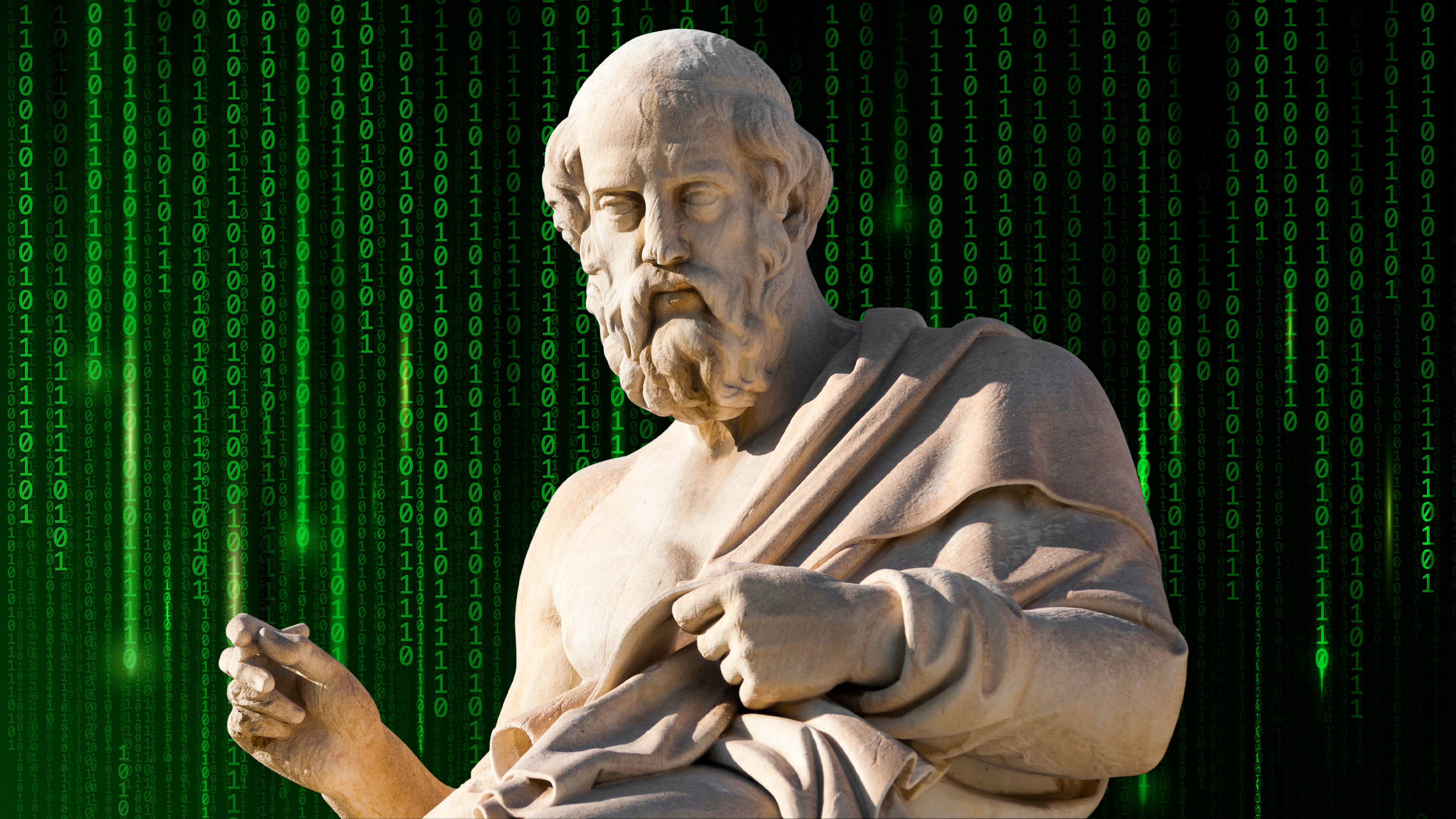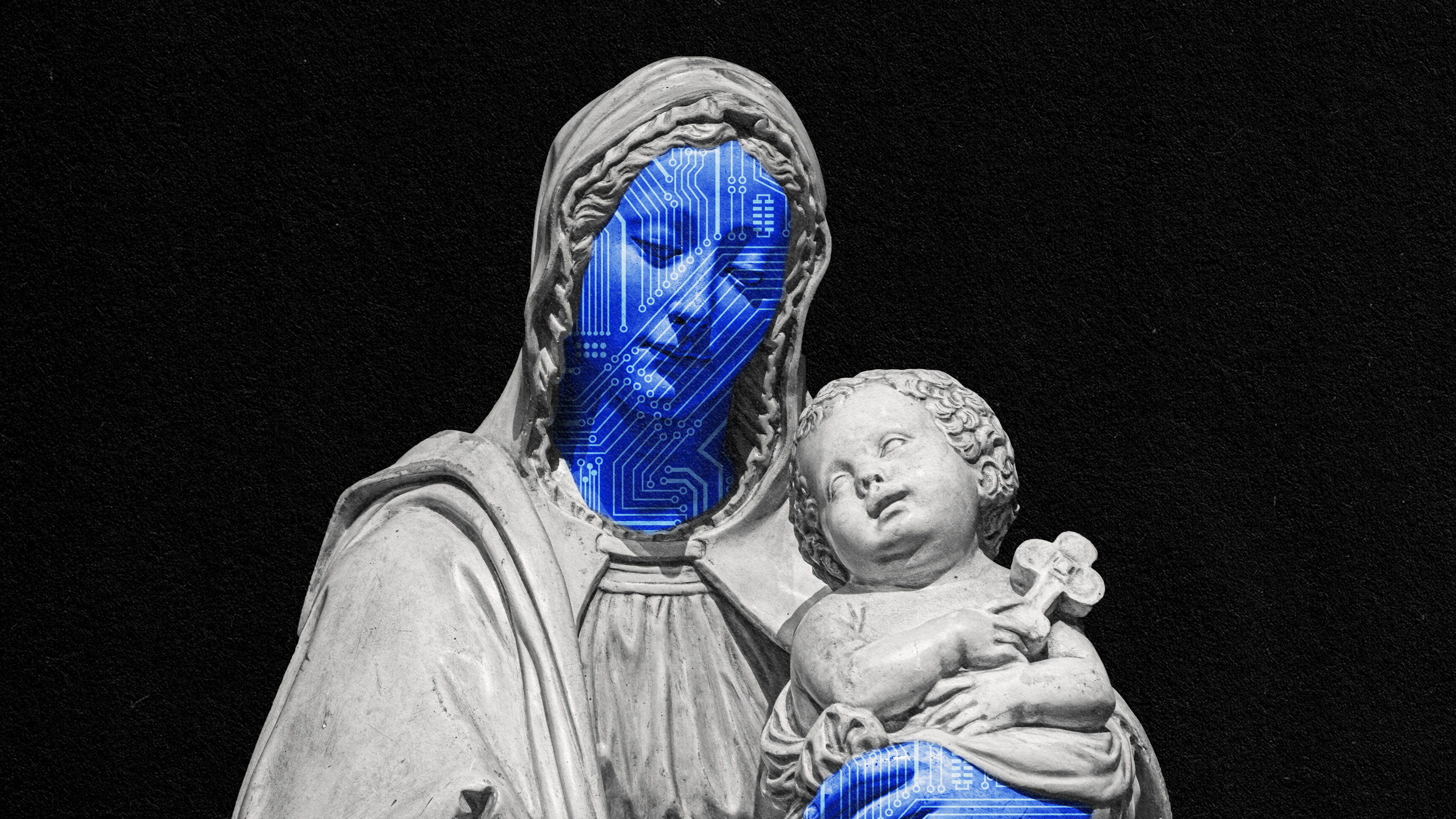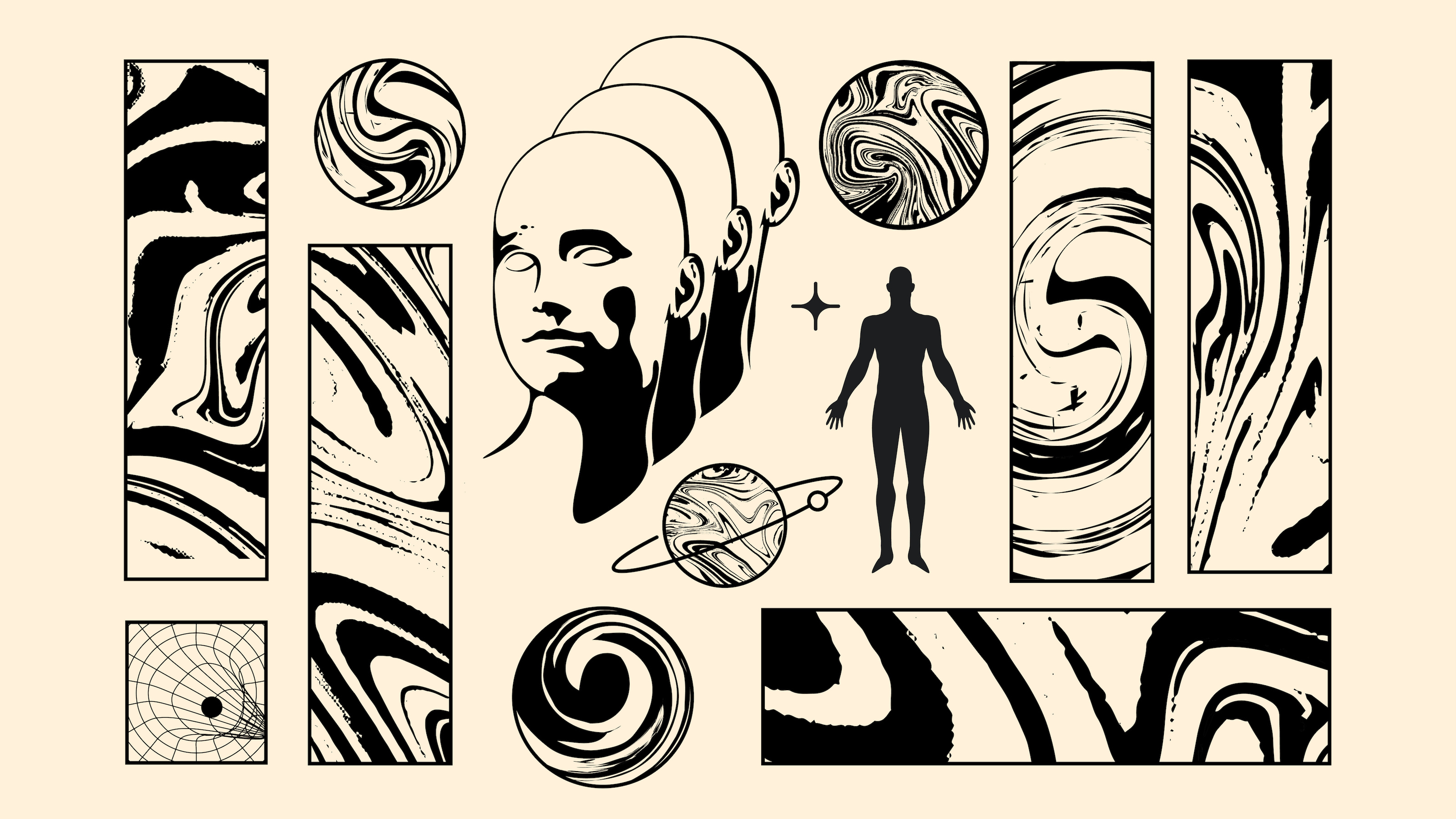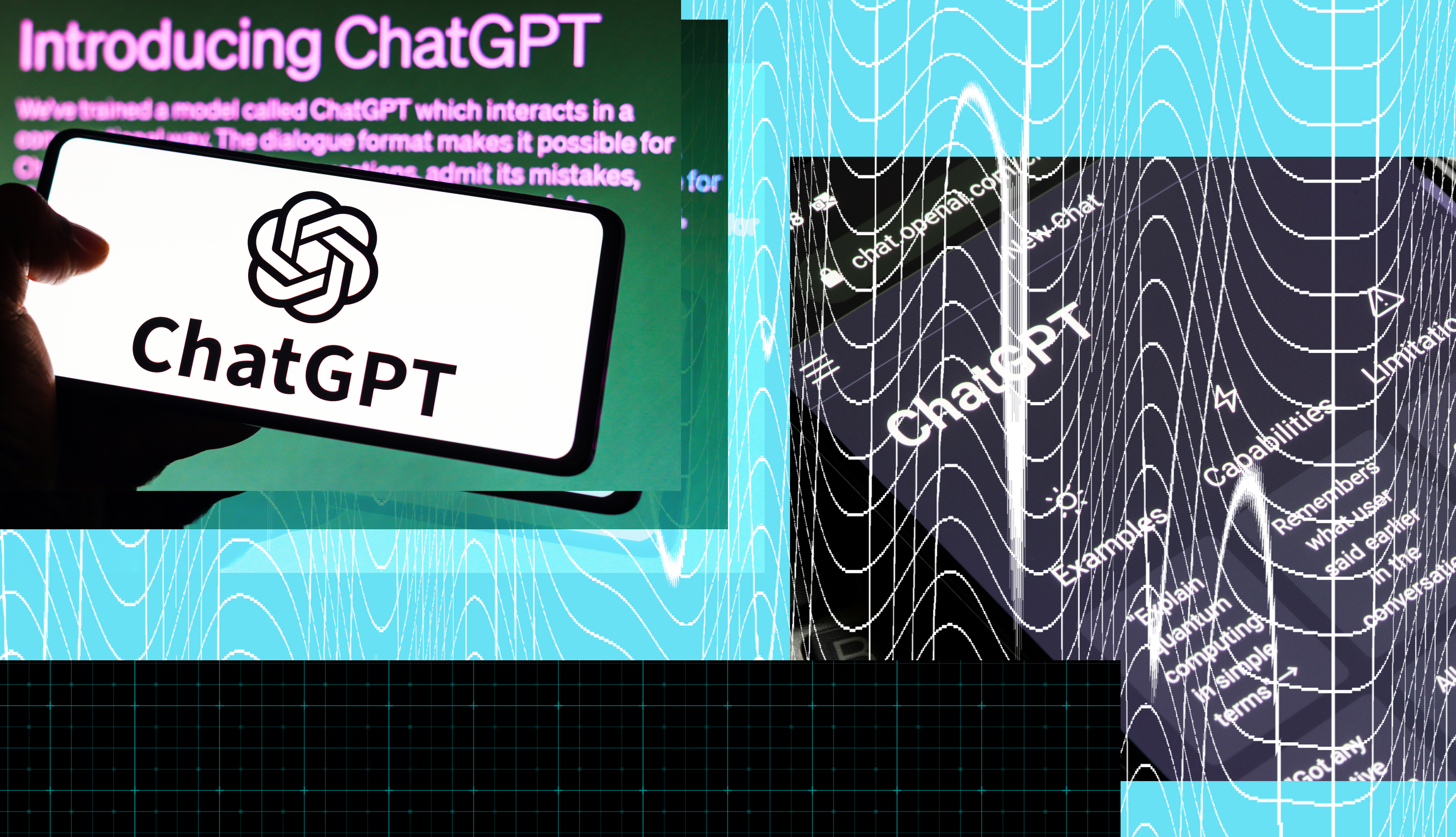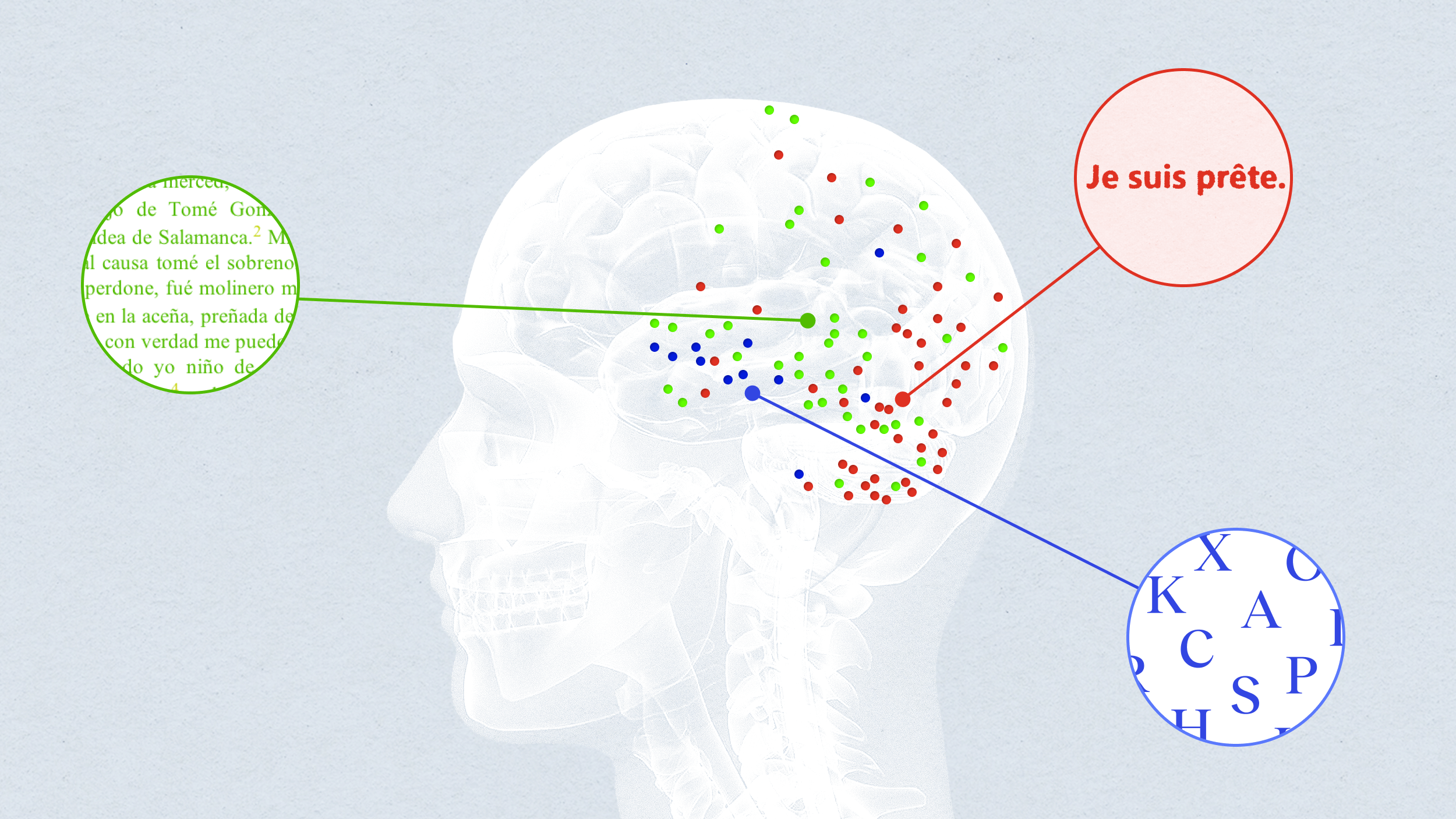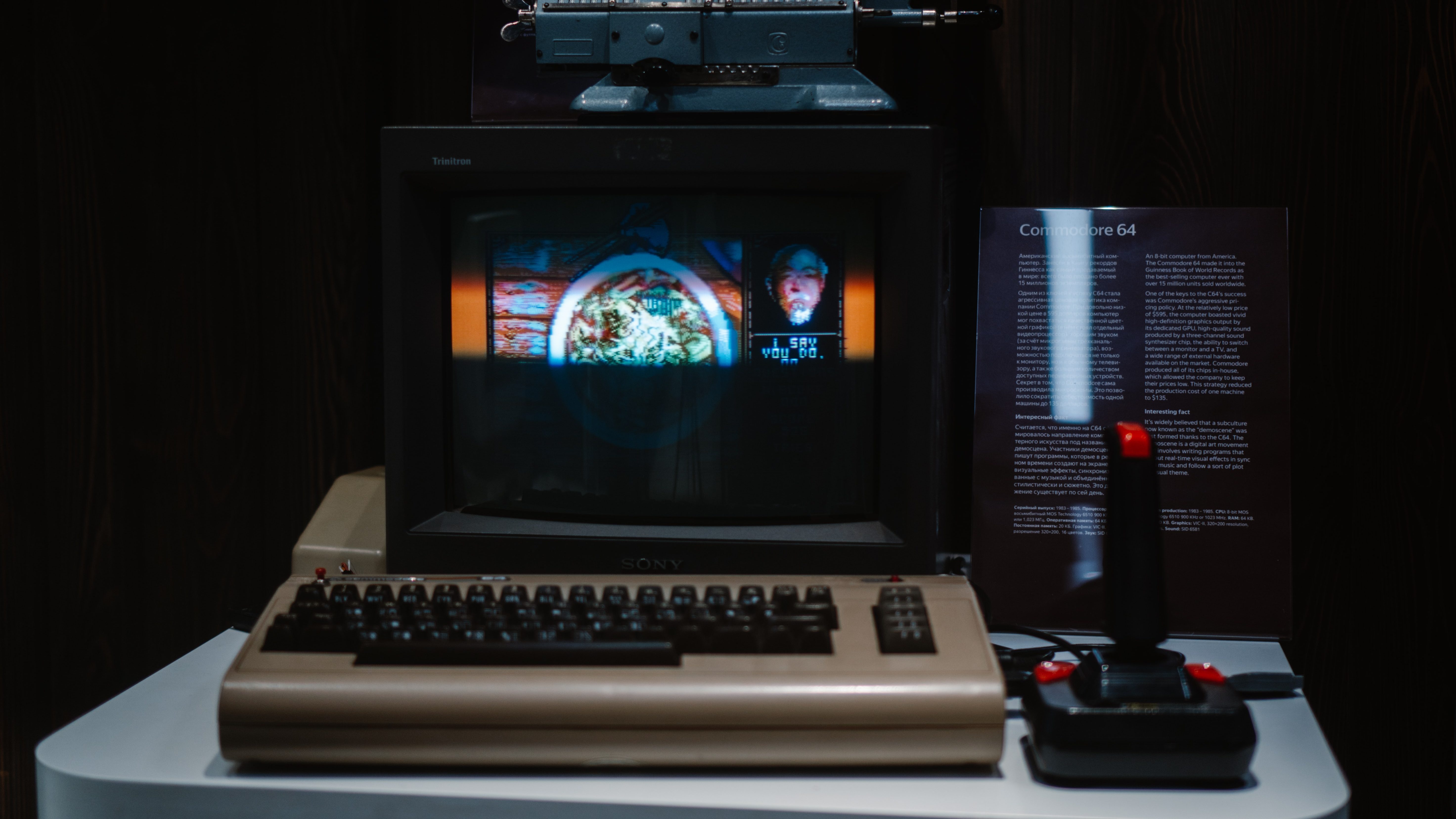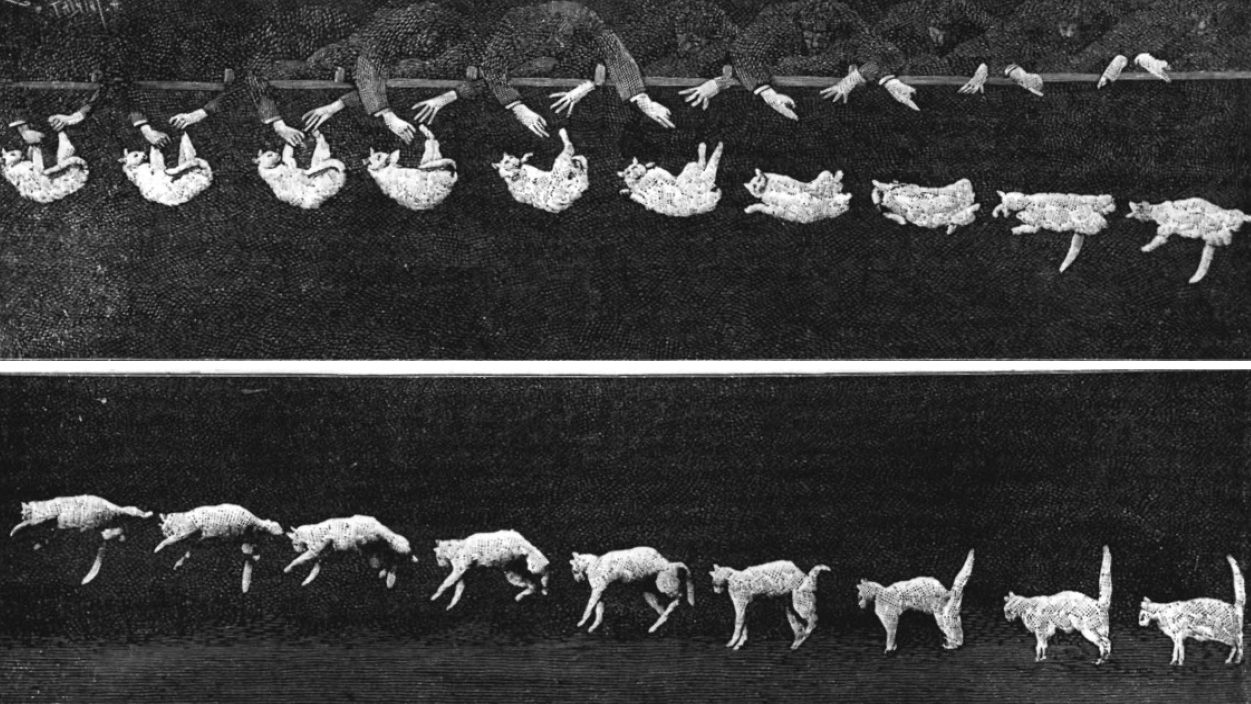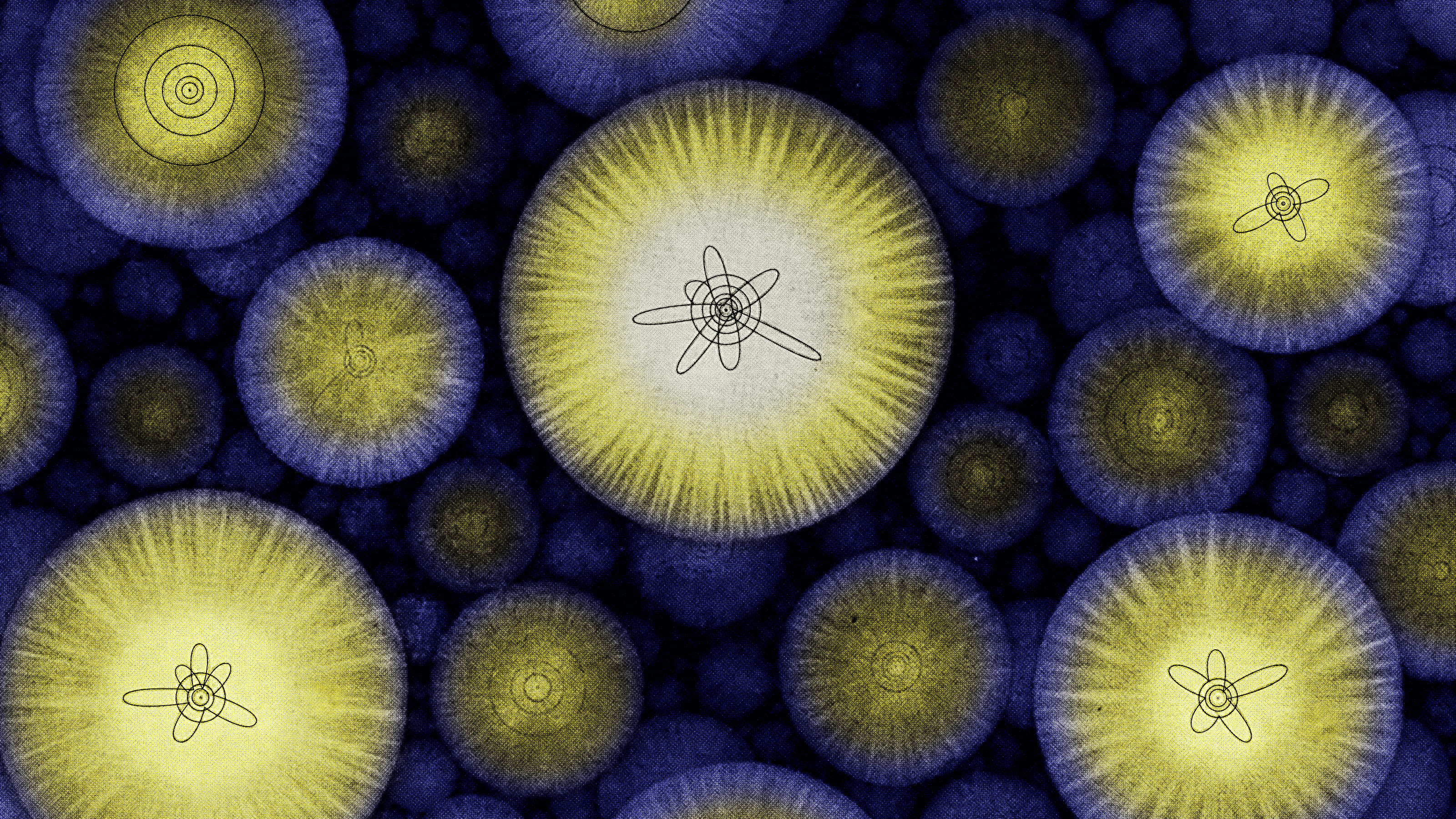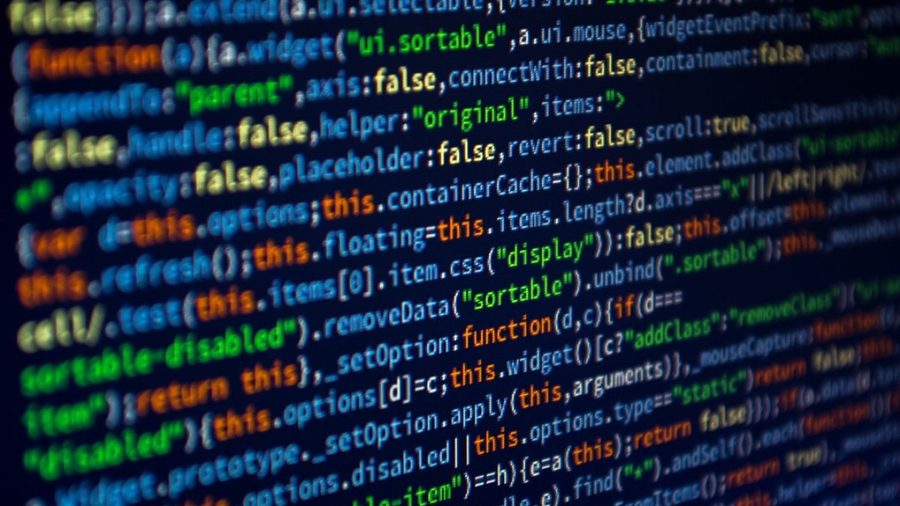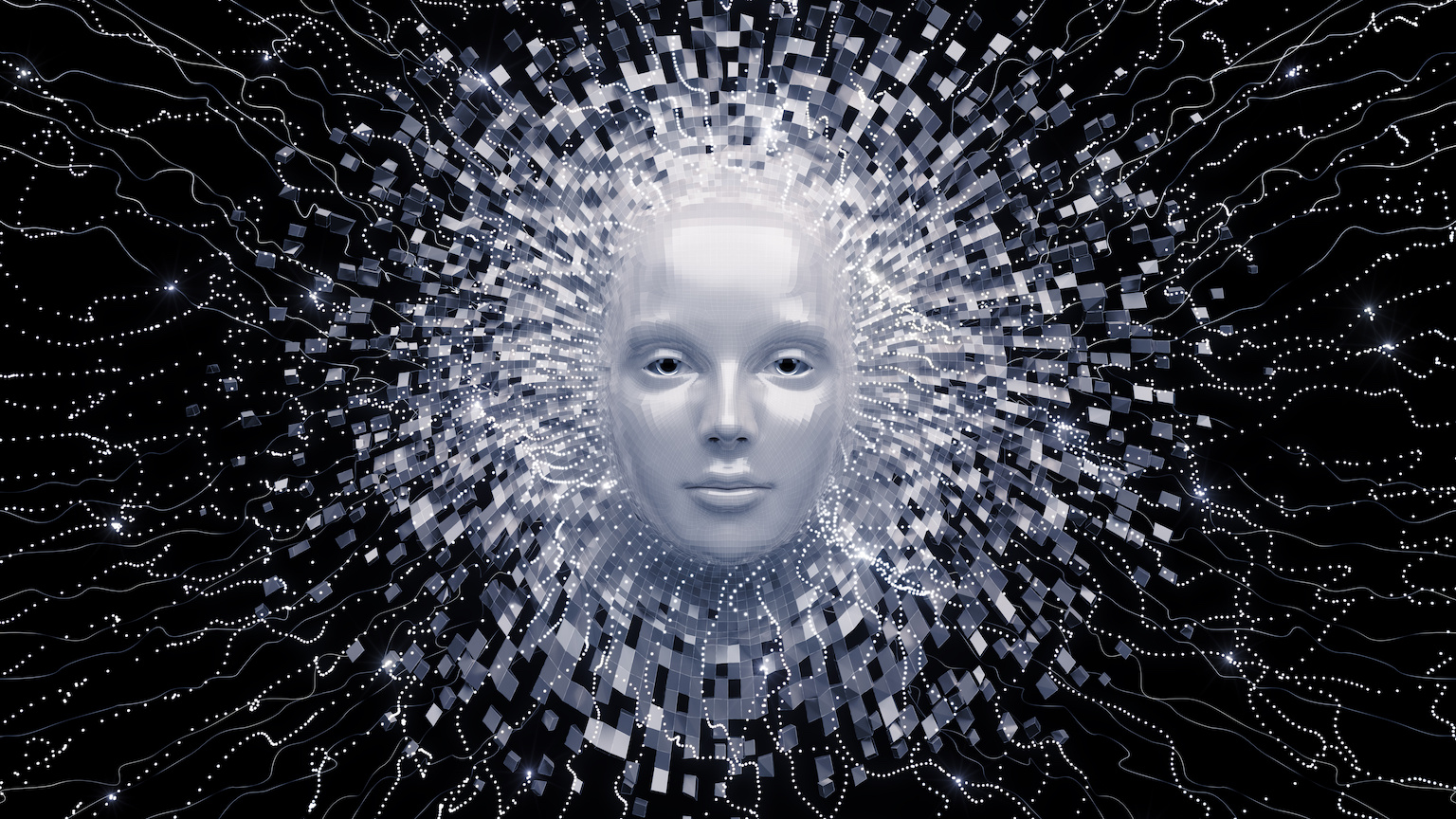Michio Kaku predicts, among other things, how we’ll build cities on Mars and why cancer will one day be like the common cold.
Search Results
You searched for: Computers
“We should be informed and educated about the risks of AI, but we can’t be afraid,” Khan Academy founder Sal Khan told Big Think.
Wherever automation rises, religiosity falls.
According to bushido, your life is of secondary importance to key virtues, like honor, loyalty, and justice.
Tech entrepreneur Alvin Wang Graylin sketches out a bold new age of AI-led enlightenment underscored by compassion.
How (not) to end up in the ash heap of history.
If music is a window onto truth, what does screaming reveal?
One research group’s AI-based drug discovery platform could be redesigned to discover VX nerve agent and 40,000 similar chemical weapons.
We need a “theory that explains the evolution of evolution,” argues theoretical physicist Sara Imari Walker.
Technologically, the answer is definitely no. But that doesn’t mean CGI is always used to good effect.
Lockheed Martin’s Skunk Works engineering division has devised many jaw-dropping aircraft. Here are some of the best — and one ship.
We do not need to pause AI research. But we do need a pause on the public release of these tools until we can determine how to deal with them.
The hallucinations that characterize schizophrenia may be due to a “reality threshold” that is lower than it should be.
In the brain’s language-processing centers, some cells respond to one word, while others respond to strings of words together.
As creatures and machines meld together in increasingly advanced forms, ethicists are starting to take note.
Computer Space lacked a critical ingredient that the other games possessed: gravity.
The game of Plinko perfectly illustrates chaos theory. Even with indistinguishable initial conditions, the outcome is always uncertain.
And, more importantly, what’s being done to get them online?
Cats twist and snakes slide, exploiting and negotiating physical laws. Scientists are figuring out how.
Temperatures in the Sun’s core exceed 10 million degrees Celsius. But how on Earth did we actually come to know that?
Quantum superposition challenges our notions of what is real.
MIT scientists show how fast algorithms are improving across a broad range of examples, demonstrating their critical importance in advancing computing.
From the first computer to modern AI: how to tell if machines are intelligent.
▸
with
In many ways, we are still novices playing with toy models seeking to understand the stars.
If you’re an atheist with a vocation, who laid that path for you?
Welcome to The Nightcrawler — a weekly newsletter from Eric Markowitz covering tech, innovation, and long-term thinking.
The engineer working on Google’s AI, called LaMDA, suffers from what we could call Michelangelo Syndrome. Scientists must beware hubris.
Wealthier in resources; poorer in time.
The book “The Genesis Machine” outlines the promise and peril of synthetic biology, a powerful tool that will allow us to program life like a computer.

